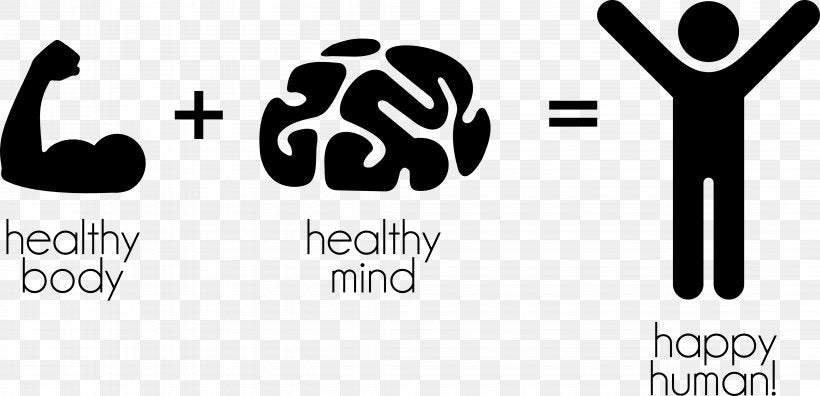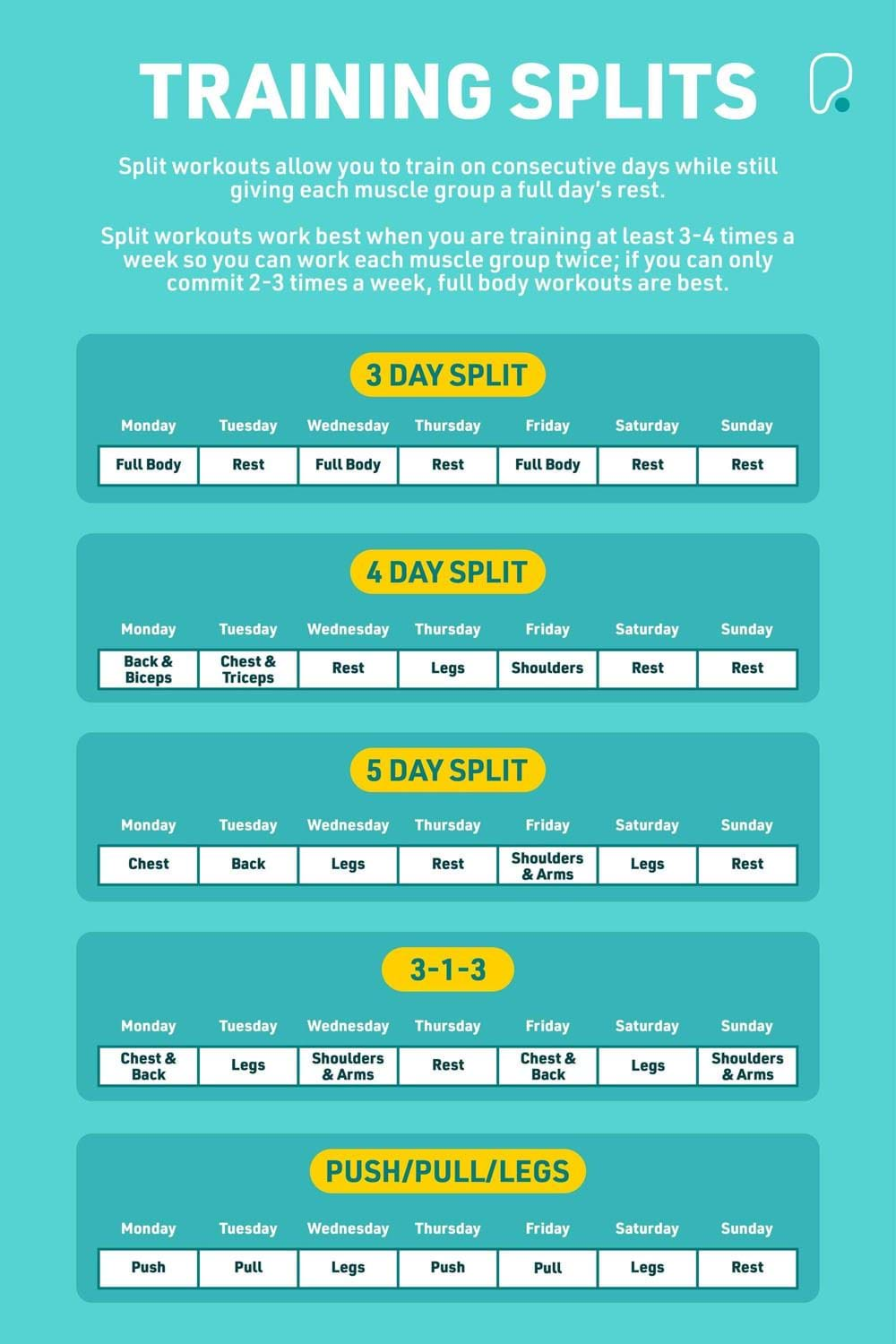Gaining weight can be just as challenging as losing weight, especially for people with a fast metabolism or a busy lifestyle. While the focus in many conversations is often on losing weight, there are also people who struggle to gain weight in a healthy way. This blog offers practical tips and advice on how to best gain weight without compromising your health.
1. Understand why you have difficulty gaining weight
Before you start gaining weight, it is important to understand why you have difficulty gaining weight. There can be various causes, such as:
- Fast metabolism: Some people burn calories faster than others, requiring them to consume more calories to gain weight.
- Genetics: Your genetic makeup can determine how your body handles food and energy.
- Underlying health problems: Conditions such as hyperthyroidism, diabetes, or digestive problems can make it harder to gain weight.
- Lifestyle: Stress, lack of sleep, and a busy schedule can also affect your weight.
If you find it difficult to gain weight despite your efforts, it may be advisable to consult a doctor or dietitian. This can help rule out underlying issues.
2. Eat more calories than you burn
To gain weight, you need to create a calorie surplus. This means eating more calories than your body burns daily. But this is not just about eating as much as possible; you want to make sure you do this in a healthy way.
How can you achieve this?
- Calculate your calorie needs: Use an online calorie calculator to determine your basal metabolic rate (BMR) and daily energy expenditure. Add about 500-1000 calories to create a healthy surplus.
- Eat more often per day: Try to eat 5-6 smaller meals per day instead of the usual three large meals. This ensures you consume calories more frequently.
- Choose calorie-dense foods: Focus on nutritious, calorie-dense foods such as nuts, seeds, avocados, full-fat dairy products, and healthy oils (for example, olive oil and coconut oil).
3. Choose healthy, nutritious foods
Although it can be tempting to eat "empty" calories (such as candy, soda, or junk food), it is important to make healthy food choices that provide your body with the necessary nutrients. Gaining weight does not have to come at the expense of your health.
Healthy foods that help with weight gain:
- Whole grains: Quinoa, brown rice, oats, and whole wheat pasta are great sources of complex carbohydrates.
- Proteins: Proteins help with muscle building and recovery. Good sources are meat, fish, eggs, legumes, and plant-based protein sources like tofu and tempeh.
- Healthy fats: Avocados, nuts, fatty fish (such as salmon and mackerel), and olive oil provide healthy fats that supply both calories and essential nutrients.
4. Focus on muscle building through strength training
Although you may simply want to gain weight, it is important to build muscle mass rather than just fat. Strength training is an essential part of this. By building muscles, you ensure that the extra calories you eat are actually used to strengthen your muscles and not just stored as fat.
Tips for strength training:
- Train 2-4 times per week: This can help you increase muscle mass, which contributes to healthy weight gain.
- Increase intensity: Start with compound exercises like squats, deadlifts, bench presses, and rows that engage multiple muscle groups.
- Eat after training: After strength training, your body is in recovery mode. Eat a meal with proteins and carbohydrates to support muscle growth.
5. Ensure sufficient sleep and recovery
Sleep is crucial for recovery, not only from workouts but also for your body's overall well-being. During sleep, muscle repair and growth occur, and your metabolism is regulated.
- Try to get 7-9 hours of sleep per night.
- Limit stress: Too much stress can disrupt hormone balance and make it harder to gain weight. Try techniques like meditation, yoga, or breathing exercises to reduce stress.
6. Drink calorie-dense drinks
Besides food, you can also get calories from drinks. This can help increase your calorie intake without feeling full after every meal. Think of:
- Smoothies: Make smoothies with fruit, vegetables, full-fat yogurt, nut butter, oats, and optionally a scoop of protein powder.
- Milk: Milk is an excellent source of proteins and fats. It can help increase your calorie intake easily.
- 100% fruit juice: Choose fruit juice without added sugar for extra calories and vitamin intake.
7. Be patient and consistent
Weight gain, just like weight loss, takes time and patience. It's important to stay consistent with your nutrition and training habits. Don't force it and give your body time to adjust to the changes you make in your lifestyle.
Conclusion
Gaining weight is a process that requires patience, dedication, and the right approach. By eating more calories than you burn, choosing healthy and nutritious foods, doing strength training, getting enough sleep and recovery, and adding calorie-dense drinks to your diet, you can gain weight in a healthy way. Remember that it's important to choose a balanced approach so you gain muscle mass instead of just fat.
Start with small adjustments and be patient with yourself — before you know it, you'll reach your goals in a healthy and sustainable way!



